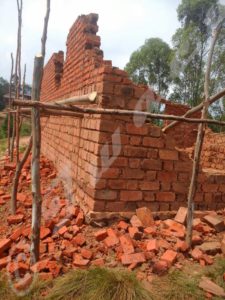
Construction of schools may take too long
Many reforms have been introduced recently in the Burundi educational system from basic to higher education. This school year 2016-2017, the first class of the basic school system adopted in 2013 in primary and secondary education started their first year of post-basic school. The schooling system provides trade learning centers for pupils who do not fulfill the requirements to continue their studies either in 9th grade (the final year of the basic schooling system) as repeaters or to be admitted into the first year of post-basic education.
As pointed out by Faustin Ndikumana, the chairman of PARCEM, a local NGO committed to awakening and changing Burundian mentality, the reforms undertaken in the Burundi educational system are hasty and therefore doomed to failure. To illustrate this, post-basic school teachers are lacking both in quantity and in quality.
Additionally, accommodations for teachers dispatched throughout the country, where they are available, are inadequate. Trade learning centers, where they exist, have no equipment. “Our education sector has serious problems and should be addressed, explicitly and adequately”, says Ndikumana.
He suggests that education reformers carry out well thought out reforms. They have to evaluate the feasibility of proposed reform plans before their execution. He says, “The government should urgently commission a team of experts to carry out an analysis of needs in our failing education and the necessary means to satisfy those needs”. He explains that the findings of the study by the experts would be the basis of a campaign aimed at the acquisition of means to cover those needs.

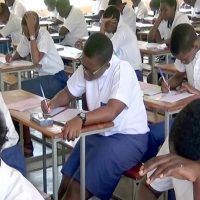
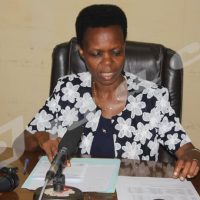
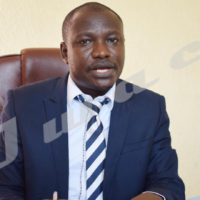
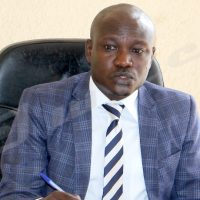
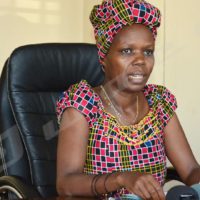













 IWACU Open Data
IWACU Open Data

